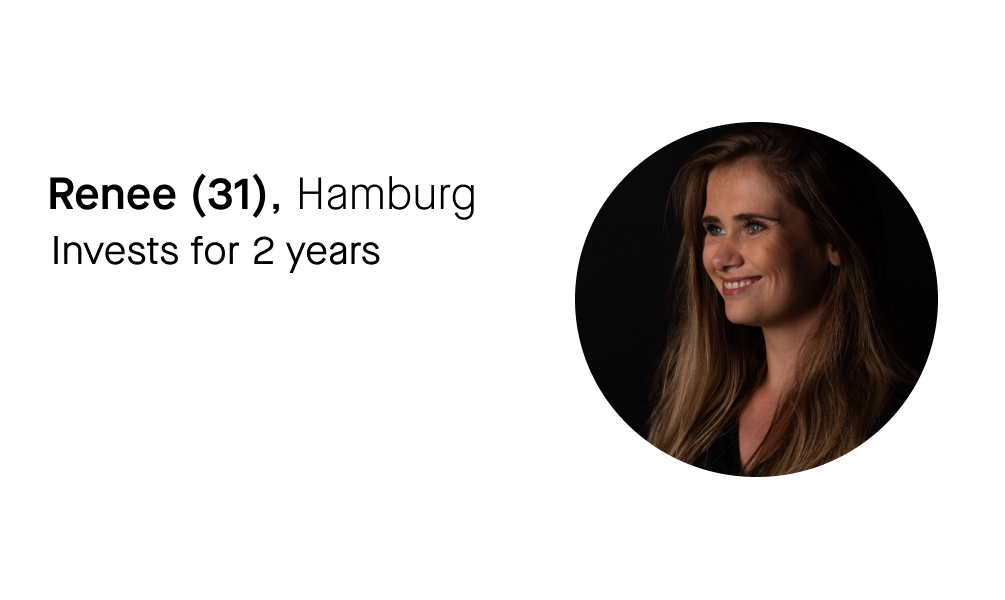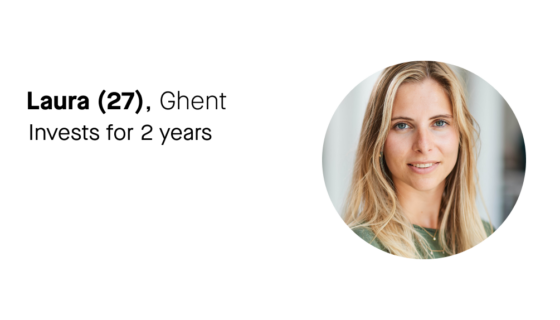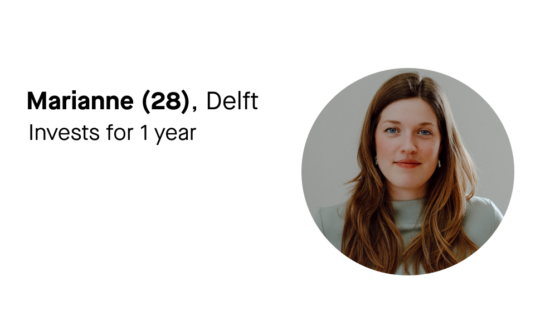
Renee Nijhuis : “raised by an independent mother instilled in me the importance of self-reliance and financial independence”
Inside BUXLet’s meet with Renee Nijhuis, a 31 year-old Dutch investor who dived in the world of finance two years ago during a Bali trip. She diversified into real estate, ETF, and stocks, aiming for early retirement. With a long-term strategy, she advocates for women’s financial empowerment through education and community support.
Hi Renee! Could you briefly introduce yourself and share how you began your investment journey?
I’m Renee Nijhuis, 31, originally from the Netherlands, now based in Hamburg. After 9 years spent working at Meta, I’m now going through an exciting transition to become a freelancer.
Two years ago, I started investing, driven by the rising inflation and my wish to retire early. While on holidays in Bali, I took the plunge. I educated myself extensively, and eventually I told myself “let’s try with a small amount and see”. So I went for it! Today, I diversify by buying stocks, ETFs and by investing in real-estate, aware of the need to make my money work harder.
Did you find it easier to start investing in both real estate and stocks simultaneously, seeing them as different ways to make your money work for you?
Investing in stocks or ETFs allowed me to start with smaller amounts compared to purchasing a house outright. I began by diverting a portion of my monthly savings into investment accounts like my BUX one, instead of traditional bank accounts. It was a shift in mindset, but it felt like a more proactive use of my money.
Could you elaborate more on your investment strategy?
I adopt a cautious approach to investing, prioritizing gradual growth over time. My long-term goal is to retire by 50, allowing me to avoid excessive risks for now. About 80% of my funds are invested in ETFs through monthly plans, while the remaining 20% serves as “play money” for experimenting with stocks.
Moreover, I diversify my investments across different sectors, including robotics and AI, to mitigate risks and capitalize on growth opportunities.
How did you gain confidence in your own investments, particularly when starting out?
At first, I was nervous and kept a close eye on my investments. I said to myself “€100 for a stock is a lot of money!” but when you see a 700% increase later on, you get it. Reflecting on missed opportunities has taught me valuable lessons.
Over time, I valued the importance of patience in my decisions. Despite the initial slow returns from ETFs, I boosted my confidence by educating myself with courses, YouTube videos, and market analysis. I turned away from short-term fluctuations to long-term growth, reducing the frequency of checking my investments.
Why do you think lots of women aren’t investing?
The lack of interest is a major factor preventing women from investing. It can be overwhelming to navigate the multitude of investment options, especially without prior knowledge.
Also, societal norms persist, further deterring women from taking control of their finances. Being raised by a strong, independent mother instilled in me the importance of self-reliance and financial independence. Relying on others has always been a big fear which led me to take action for myself. For many women, especially those in long-term committed relationships, investing may not be a top priority.
Can you share more about your initiatives to empower women in finance?
At Meta, I organized networking events and advocated for tailored finance courses for women, driven by the striking statistic that women invest only 30 cents for every dollar invested by men. Overcoming the stereotype of finance as a male-dominated field is necessary, as investing can be both enjoyable and empowering for women.
To encourage more women to invest, we should make finance more accessible through engaging workshops and incentives, such as gamifying the experience like on BUX. Additionally, fostering supportive communities and relatable role models will boost women’s confidence in investing.
Any resources you found particularly helpful for women interested in finance?
I recommend following Instagram accounts like Madam Moneypenny, which offers valuable insights for financial education. Additionally, podcasts like “jong beleggen” in the Netherlands provide practical advice and real-life examples of investment strategies.
Reflecting on your two years of investing on BUX, would you consider yourself a successful investor?
I am satisfied. There is room for improvement, particularly in knowing when to sell stocks. But overall, I’m happy with the returns and the learning experience.
How do you see yourself as an investor in the next 10 years?
I’d like to have a successful business. I aim to explore new ways of investing such as bonds, gold, or diamonds and to take more risks, while still prioritizing regular investments in ETFs. Basically, I would just add things rather than make complete changes.
Any advice for women considering venturing into investing?
Start now! Otherwise, you’ll regret it.


